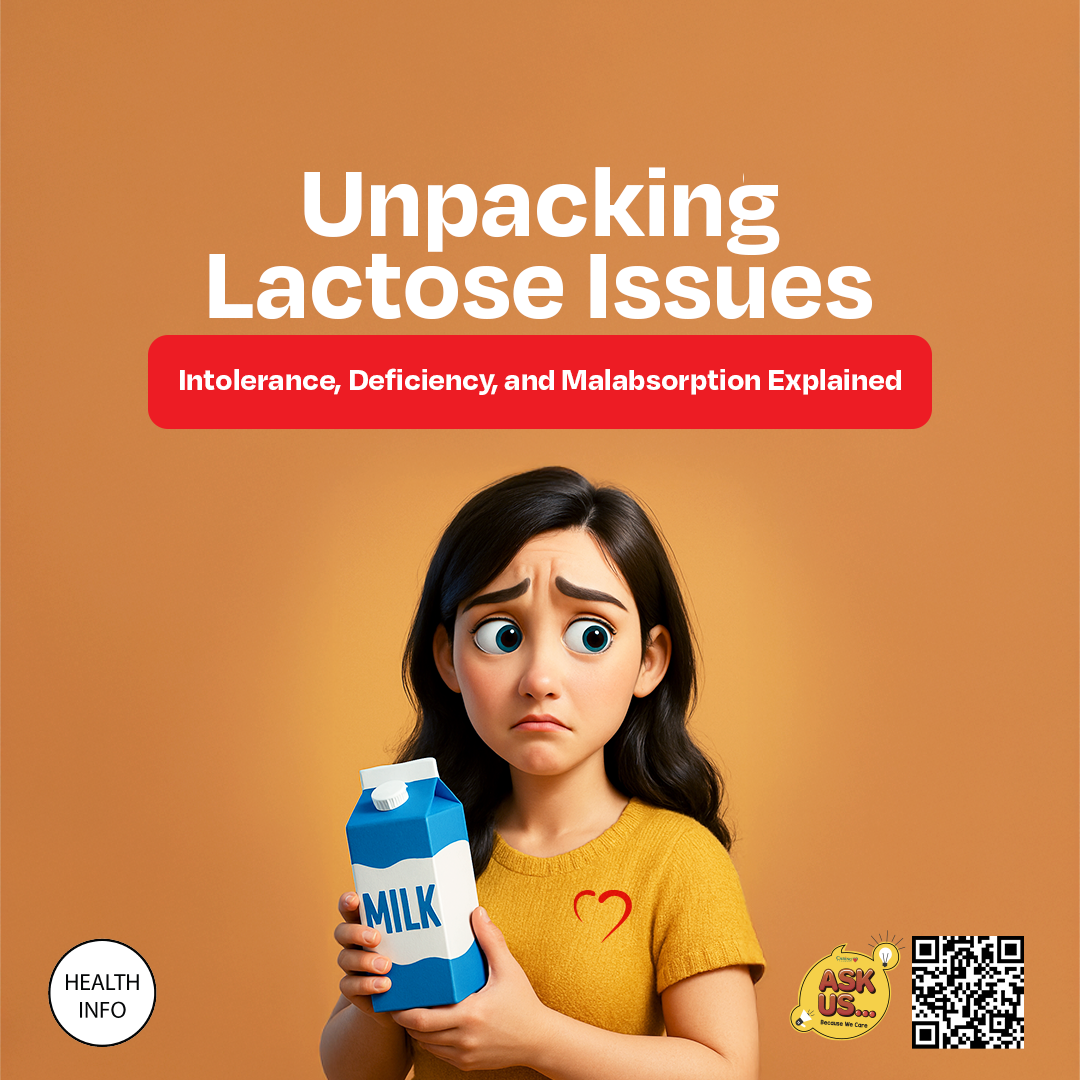- Home
- Health Center
- Health Info
- Fats: Friend or Foe? Making Smart Diet Choices
Tips
Fats: Friend or Foe? Making Smart Diet Choices


Dietary fats are an essential part of our nutrition, playing crucial roles in energy storage, cell function, and the absorption of vitamins. However, not all fats are created equal. Understanding the different types of fats and their sources can help you make smarter diet choices that benefit your health.
Understanding Dietary Fats¹
Fats are a major source of energy for the body and help in the absorption of certain vitamins and minerals. They are necessary for building cell membranes and are essential for blood clotting, muscle movement, and inflammation. There are several types of fats, each with different effects on health.
Types of Dietary Fats¹⸴²
- Saturated Fats: These fats are typically solid at room temperature and are commonly found in animal products like butter, cheese, and red meat. High consumption of saturated fats can raise LDL (bad) cholesterol levels in the blood, increasing the risk of heart disease.
- Unsaturated Fats: These fats are generally liquid at room temperature and are considered beneficial for heart health. They are divided into:
- Monounsaturated Fats: Found in olive oil, avocados, and nuts, these fats help reduce bad cholesterol levels and lower the risk of heart disease.
- Polyunsaturated Fats: Including omega-3 and omega-6 fatty acids, these fats are found in fish, flaxseeds, and walnuts. Omega-3 fatty acids, in particular, have anti-inflammatory properties and support heart health.
- Trans Fats: These are artificial fats created by hydrogenating vegetable oils to make them solid. Found in many processed foods, trans fats are harmful as they raise bad cholesterol (LDL) and lower good cholesterol (HDL), significantly increasing the risk of heart disease.
Sources of Good and Bad Fats²
Understanding the sources of different types of fats can help you make healthier dietary choices:
- Good Fats:
- Olive Oil: Rich in monounsaturated fats, it can lower the risk of heart disease.
- Fatty Fish: Salmon, mackerel, and sardines are high in omega-3 fatty acids, beneficial for heart health.
- Nuts and Seeds: Almonds, walnuts, chia seeds, and flaxseeds are excellent sources of healthy fats.
- Bad Fats:
- Butter and Lard: High in saturated fats, they can increase cholesterol levels.
- Processed Foods: Many baked goods, snack foods, and fried foods contain trans fats that are detrimental to heart health.
Health Implications¹⸴³
- Excessive Bad Fats: Consuming too much saturated and trans fats can lead to various health issues. The American Heart Association (AHA) states that high intake of these fats raises blood cholesterol levels, contributing to plaque buildup in arteries, increasing the risk of heart attack and stroke .
- Benefits of Good Fats: Incorporating more unsaturated fats into your diet can improve heart health. Omega-3 fatty acids reduce triglycerides, lower blood pressure, and decrease the risk of heart arrhythmias .
Making Smart Diet Choices³⸴⁴
To maintain a healthy diet, focus on reducing the intake of saturated and trans fats while increasing the consumption of unsaturated fats. Here are some practical tips:
- Choose Healthy Oils: Use olive oil or canola oil instead of butter or margarine.
- Eat Fatty Fish: Aim to include fish rich in omega-3 fatty acids in your diet at least twice a week.
- Snack Wisely: Opt for nuts, seeds, or avocado slices instead of chips or cookies.
- Read Labels: Check food labels for trans fats and avoid products with hydrogenated oils.
By understanding the types of fats and their sources, you can make informed dietary choices that support your overall health and reduce the risk of heart disease. Remember, fats can be friends if chosen wisely and consumed in moderation.
References:
- American Heart Association. (2021). Saturated Fat. (Web accessed July 2024). Web link: https://www.heart.org/en/healthy-living/healthy-eating/eat-smart/fats/saturated-fats
- Harvard T.H. Chan School of Public Health. (2021). The Nutrition Source: Fats and Cholesterol.(Web accessed July 2024). Web link: https://nutritionsource.hsph.harvard.edu/what-should-you-eat/fats-and-cholesterol/
- Mayo Clinic. (2021). Omega-3 fatty acids and heart disease.(Web accessed July 2024). Web link: https://www.mayoclinic.org/diseases-conditions/heart-disease/in-depth/omega-3/art-20045614
- National Institutes of Health. (2021). Omega-3 Supplements: In Depth.(Web accessed July 2024). Web link: https://www.nccih.nih.gov/health/omega3-supplements-in-depth
Tags
Latest Health Info
Unpacking Lactose Issues: Intolerance, Deficiency, and Malabsorption Explained
Ever wonder why some people, or even yourself, are suffering from lactose intolerance? Lactose, the primary sugar in milk and ...
Detect to Protect: Why Cancer Screening Matters
Cancer is a complex group of diseases characterised by the uncontrolled growth and spread of abnormal cells in the body. ...
Get Vaccinated: Protecting Lives, One Shot at a Time
Vaccines are among the most powerful tools in medicine, saving millions of lives by preventing serious diseases. From children to ...



